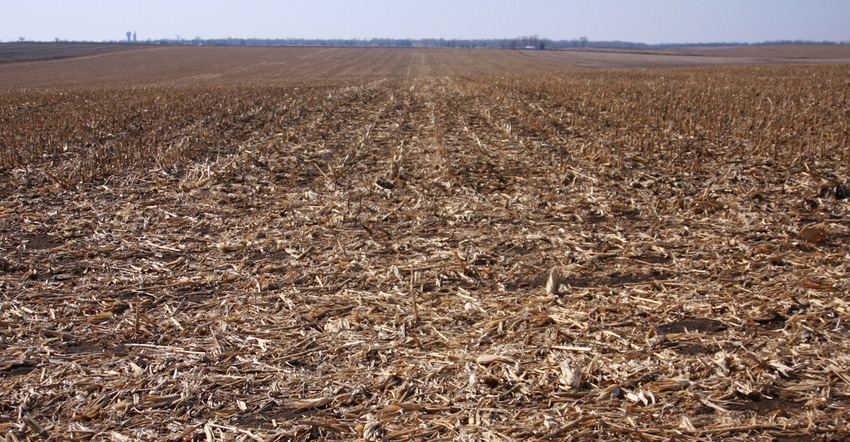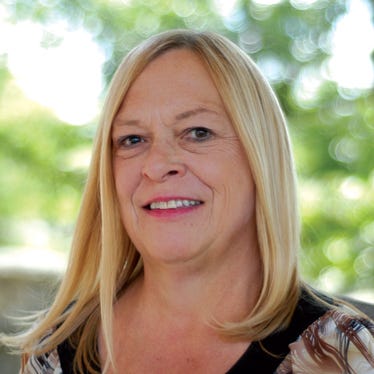
A start-up company based in Seattle, Wash., hopes to establish a market for buyers and sellers of Carbon Removal Certificates with a long-range goal of helping reverse climate change.
Representatives for the company, called Nori, were at the No-till on the Plains Winter Conference at the end of January, talking to farmers about the potential for them to take advantage of the developing market by simply documenting the soil sequestration they are already doing.
“Our idea is to issue a Carbon Removal Certificate (CRC) for each ton of carbon taken out of the atmosphere and stored for at least 10 years,” said Christophe Jospe, chief development officer for Nori. “We are in the very early stage of development, but we have a pilot program where we are working with farmers to collect and generate data that will allow us to use build a model which is more accurate and less expensive for farmers than widespread soil sampling to give us a baseline for carbon content.”
As part of the program, farmers would sign a 10-year contract. At the end of the contract, there would be a full audit to verify the amount of carbon removed from the atmosphere and stored in the farmer’s soil.
“We are hoping to see carbon farming become just another income stream for farmers that can generate profit for them the same as corn or wheat,” Jospe said. “It is modeled somewhat like the Chicago Climate Exchange but is designed to build the market for CRCs in a way that will bring both big and small players into the market.”
He said the CRCs would be weighted to give a higher score to those farmers whose farming practices brought in greater carbon savings while still allowing farmers who merely did something such as switch from conventional tillage to no-till to participate at a lower level.
“There is no question that no-till has value to the farmer that goes beyond the goal of sequestering carbon,” he said. “Carbon is organic matter which translates to better soil health, better plant nutrition, and better water retention. That doesn’t mean that taking it out of the atmosphere doesn’t also have an added value to the planet that the farmer should be rewarded for doing.”
Jospe emphasized that the program is in a very early planning stage.
“What we are trying to do with the pilot project is get the word out to potential participants that the program is being built and invite farmers in Kansas and elsewhere to be part of it.,” he said.
Nori sees farmers as natural carbon sellers, Jospe said. He foresees three types of buyers of CRCs:
“First, you have the altruistic buyer,” he said. “This would be an entity that sees climate change as a real problem and is willing to invest in solving it.
�“Second would be companies that see it as a way to increase their profitability. An example would be an airline that creates carbon emissions but can advertise that they have removed those emissions by buying CRCs. A carbon-negative company can differentiate itself from competitors who aren’t dealing with their carbon footprint.
“Third are agribusinesses who are looking for ways to support their farmers in doing things that improve the health of their soils. For them, it’s an investment in their supply chain. Nori gets them verified data and they can reward their farmer/suppliers/customers for practicing no-till and other carbon storing practices.”
About the Author(s)
You May Also Like






